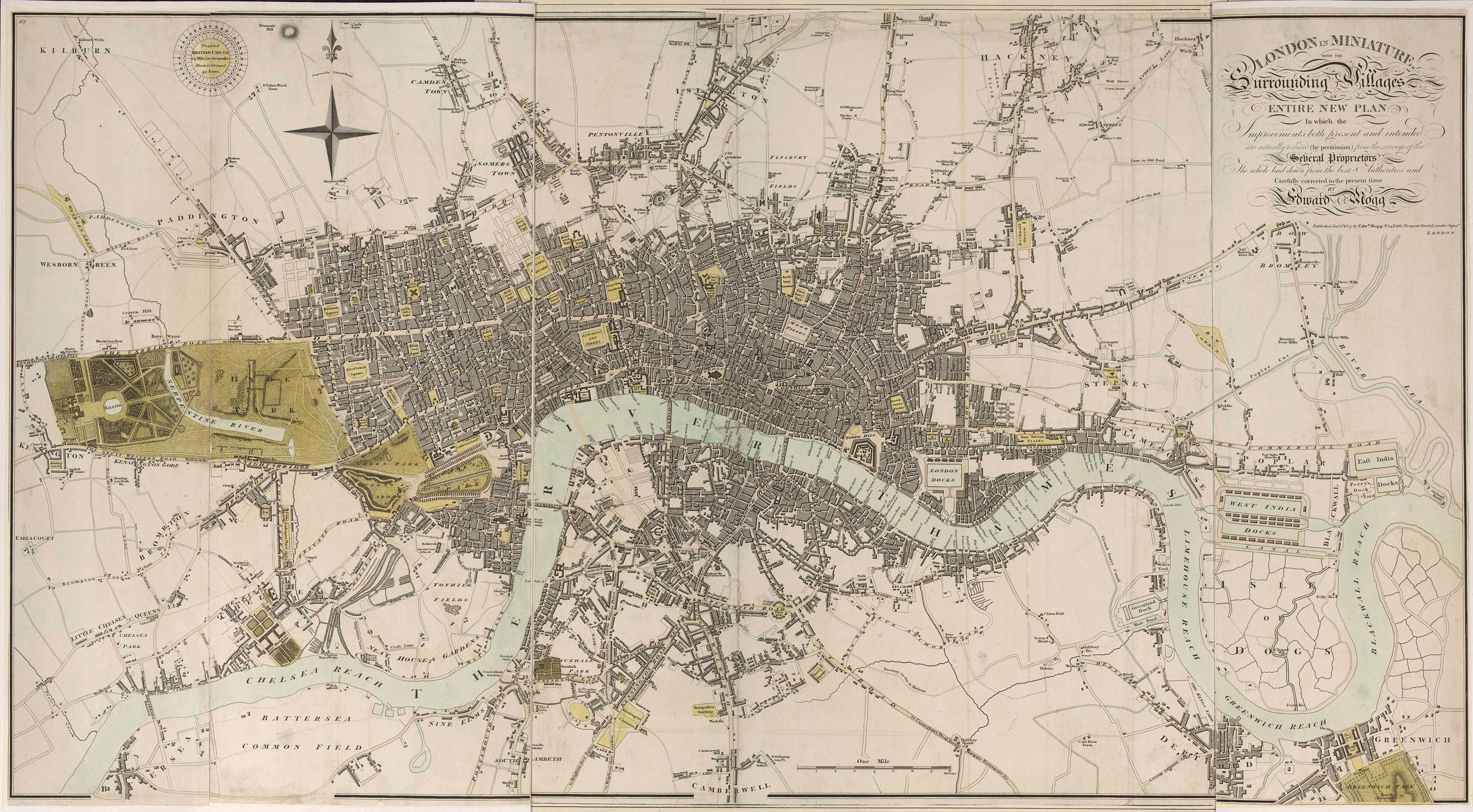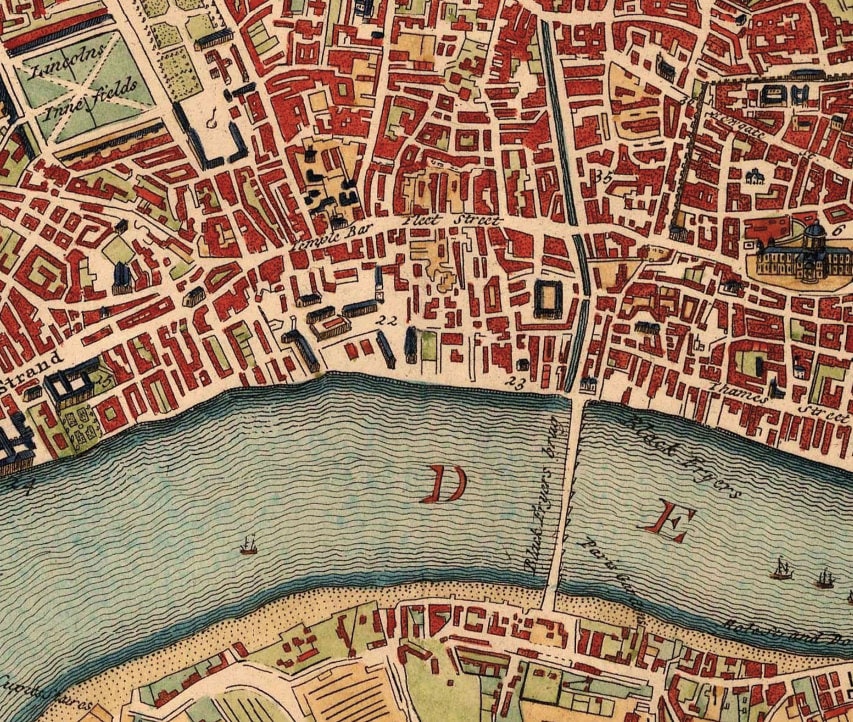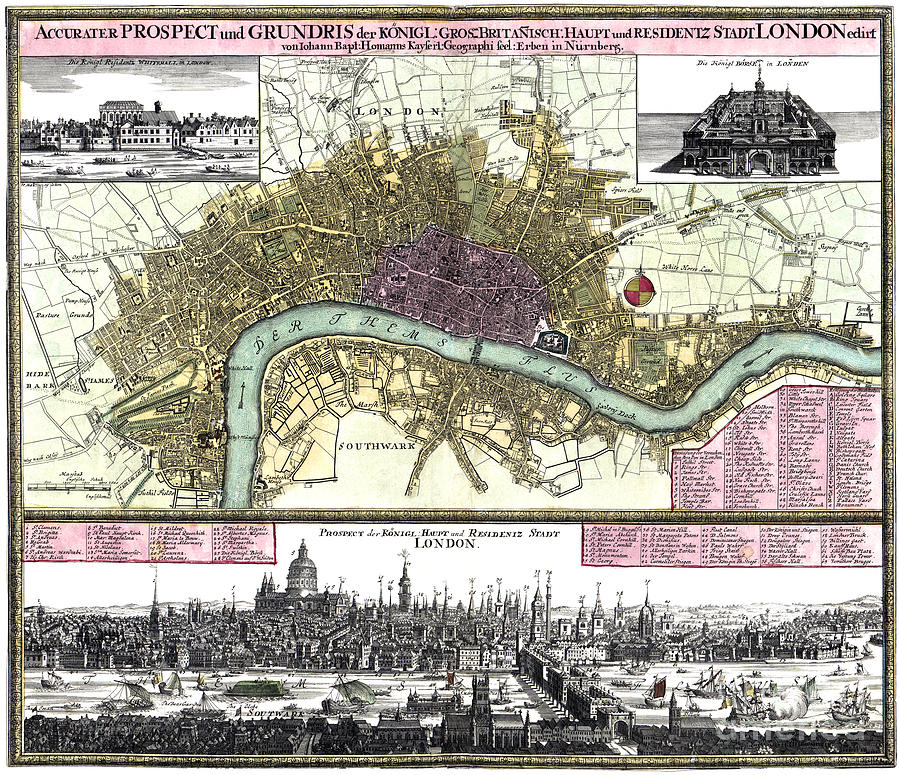Unraveling the City of London: A Map as a Window to History and Progress
Related Articles: Unraveling the City of London: A Map as a Window to History and Progress
Introduction
In this auspicious occasion, we are delighted to delve into the intriguing topic related to Unraveling the City of London: A Map as a Window to History and Progress. Let’s weave interesting information and offer fresh perspectives to the readers.
Table of Content
Unraveling the City of London: A Map as a Window to History and Progress

The City of London, often referred to simply as "The City," is a captivating microcosm of history, finance, and urban development. Its compact geography, spanning just over one square mile, belies the immense influence it wields on a global scale. Understanding the City of London map is essential for grasping its unique character and the intricate web of connections that define its identity.
A Journey Through Time: The City’s Historical Layers
The City’s map is a testament to its enduring legacy, showcasing how layers of history have sculpted its landscape. Roman foundations, medieval streets, and modern skyscrapers stand in close proximity, creating a fascinating visual narrative. The map reveals the evolution of its boundaries, from the Roman settlement of Londinium to the medieval walled city, and finally to the modern metropolis.
Navigating the Heart of Finance: The City’s Arteries
The City is a global financial hub, and its map reflects this dynamic reality. Major arteries like Threadneedle Street, Lombard Street, and Bishopsgate are synonymous with banking and finance. The map highlights the concentration of financial institutions, from the Bank of England to the London Stock Exchange, underscoring the City’s role as a catalyst for global economic activity.
Beyond Finance: A City of Culture and Heritage
The City’s map also reveals its rich cultural tapestry. Historic landmarks like St. Paul’s Cathedral, the Tower of London, and the Guildhall stand as testaments to centuries of architectural and cultural heritage. The map illuminates the presence of museums, theaters, and art galleries, showcasing the City’s commitment to fostering cultural exchange and artistic expression.
A Walk Through Time: Exploring the City’s Hidden Gems
The map encourages exploration, revealing hidden gems that often go unnoticed. Narrow alleyways like "The Old Jewry" and "Change Alley" offer glimpses into the City’s past, while modern architectural marvels like the "Gherkin" and the "Walkie Talkie" stand as symbols of contemporary innovation.
The City’s Future: A Map of Progress and Transformation
The City of London is not static; it is a dynamic entity constantly evolving. The map reflects this ongoing transformation, with new developments and infrastructure projects shaping its skyline and its future. The map is a tool for understanding the City’s vision for sustainable growth, technological advancement, and urban renewal.
The City of London Map: A Key to Understanding
The City of London map is more than just a geographical representation; it is a tool for understanding, exploration, and appreciation. It reveals the City’s past, present, and future, offering insights into its unique character and the intricate web of connections that define its identity.
FAQs about the City of London Map
Q: How can I access a detailed map of the City of London?
A: Detailed maps of the City of London are readily available online through various sources including Google Maps, OpenStreetMap, and the City of London Corporation’s website.
Q: What are the best ways to explore the City of London using a map?
A: Walking is an ideal way to experience the City’s historic streets and hidden gems. Using a map can help navigate through the intricate network of alleyways and squares. Public transportation, including the London Underground, is also readily available for exploring the wider area.
Q: How does the City of London map reflect its historical significance?
A: The map showcases the evolution of the City’s boundaries, from its Roman origins to its medieval walled city, and finally to its modern metropolis. Landmarks like St. Paul’s Cathedral and the Tower of London are visible on the map, highlighting the City’s rich history.
Q: Are there any specific areas of the City of London map that are particularly interesting to explore?
A: The historic financial district around Lombard Street and Threadneedle Street offers a glimpse into the City’s financial history. The area around St. Paul’s Cathedral is rich in architectural and cultural heritage. The South Bank, across the Thames, boasts contemporary art and entertainment venues.
Q: How does the City of London map reflect its role as a global financial hub?
A: The map highlights the concentration of financial institutions, from the Bank of England to the London Stock Exchange, underscoring the City’s role as a catalyst for global economic activity.
Tips for Using the City of London Map
- Plan your route: Use the map to plan your itinerary, considering points of interest and travel time.
- Explore hidden gems: The map can reveal hidden alleyways, squares, and landmarks that may not be immediately obvious.
- Utilize public transportation: The London Underground and buses offer convenient access to various parts of the City.
- Consider a walking tour: Guided walking tours can provide historical context and insightful commentary.
- Combine map exploration with online resources: Use online maps to find specific locations, explore virtual tours, and access additional information.
Conclusion
The City of London map is a powerful tool for understanding this dynamic and historic metropolis. It reveals the intricate web of connections that define the City’s identity, from its Roman foundations to its modern skyline. Whether you are a seasoned traveler or a first-time visitor, exploring the City of London through its map is a journey of discovery that offers a glimpse into its enduring legacy and its evolving future.








Closure
Thus, we hope this article has provided valuable insights into Unraveling the City of London: A Map as a Window to History and Progress. We appreciate your attention to our article. See you in our next article!